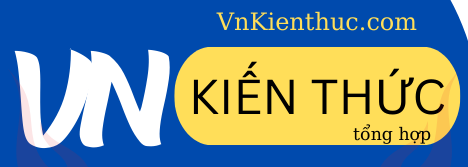When he found [A]his[/A] suitcase all the money [A]in [/A]it [A]was stolen[/A] ?
was stolen => had been stolen
On arrived at home I (find)that she (leave) just a few mins ago
find => found, leave => had left
when i told tim the news, he seemed (surprise)
surprise => to surprise
it woundn't be safe (start) now we will have (wait) until the rain stops.
start => to start, wait => to wait
viết lại câu:
tim was too tired to go to the meeting
->Tim coundn't go to the meeting because he was too tired
Lan started keeping a diary 5 years ago
->Lan has been keeping a diary for 5 years.
U remembered to post the letter ,didn't you?
-> U didn't forget to post the letter, did you?
he couldn't afford to buy the car
-> the car is too expensive for him to buy.
sally's parents gave her a book for her birthday
-> sally was given a book for her birthday.
I don't like people looking at me curiously
-> i don't like being looked at curiously.
it was too late that nothing could be done to stop the fire
->it was very late and nothing could be done to stop the fire.
-> it was too late to do anything to stop the fire.
was stolen => had been stolen
On arrived at home I (find)that she (leave) just a few mins ago
find => found, leave => had left
when i told tim the news, he seemed (surprise)
surprise => to surprise
it woundn't be safe (start) now we will have (wait) until the rain stops.
start => to start, wait => to wait
viết lại câu:
tim was too tired to go to the meeting
->Tim coundn't go to the meeting because he was too tired
Lan started keeping a diary 5 years ago
->Lan has been keeping a diary for 5 years.
U remembered to post the letter ,didn't you?
-> U didn't forget to post the letter, did you?
he couldn't afford to buy the car
-> the car is too expensive for him to buy.
sally's parents gave her a book for her birthday
-> sally was given a book for her birthday.
I don't like people looking at me curiously
-> i don't like being looked at curiously.
it was too late that nothing could be done to stop the fire
->it was very late and nothing could be done to stop the fire.
-> it was too late to do anything to stop the fire.
